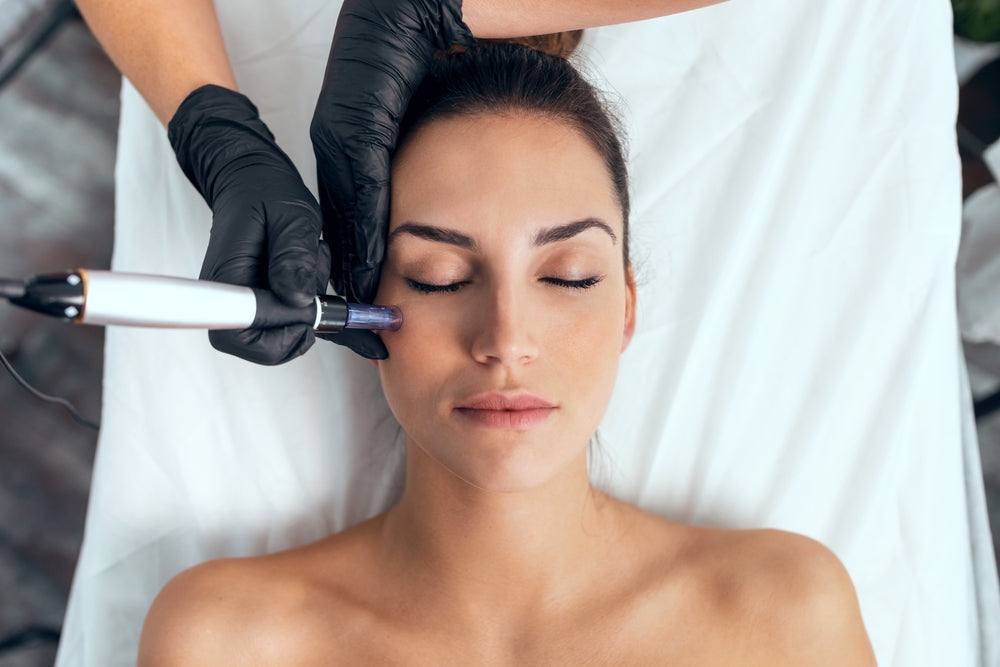
How to choose a tweakment practitioner that's right for you
The market for minimally invasive non-surgical cosmetic procedures, or ‘tweakments’ is booming. The British Association of Aesthetic Plastic Surgeons (BAAPS) found that demand for anti-wrinkle injection treatments in the UK alone rose by 124% last year. Alice Hart Davis, author of The Tweakment Guide says, ‘Tweakments can rejuvenate the skin and soften lines and wrinkles, improve irregular pigmentation, tighten sagging skin, and add back volume to an ageing face. They are mostly temporary. And while they are not cosmetic surgery it is imperative to do your research when finding a practitioner who is right for you and your concerns.’
So if, like many, you may be curious to try anti-wrinkle injections, skin boosters or something like Polynucleotides, the buzzy treatment of the moment (that encourages the body’s own production of collagen), but are finding it is a bit of a minefield knowing who and what to book, help is at hand. I’ve been writing about these treatments for the last 15 years and more, so I know how to find a talented and reputable practitioner who can guide you to the right treatment and the right results for you.
What must be noted though is that just because scalpels may not be involved, these non-surgical treatments must not be taken lightly. A lot of them involve machines and acids that burn or ablate the skin, needles that puncture and a syringes that inject potentially life-threatening chemicals. What’s even more serious, is that tweakments are still entirely unregulated in the UK which makes it even harder for the customer. So before booking in, here is a checklist of my 7 rules for finding the best practitioner.
1. Know that your Uber driver can inject anti-wrinkle injections
Anyone in the UK can do a one-day course and set themselves up as an injector of toxin, fillers or skin boosters. Lots of non-medical practitioners get hold of supplies of toxin etc via black market internet sites. The risk of hitting or blocking a nerve or artery or causing a major infection, or injecting something unlicensed and dangerous, is huge if you don’t have medical skills. So my first rule is that injectables should only be done by medical professionals. Full Stop.
2. A Medical Qualification doesn’t necessarily guarantee great results
Here’s where the waters get a bit murky. As Consultant Dermatologist, Dr Ophelia Veraitch explains, ‘In the UK we currently have a problem that lots of junior doctors who are unhappy in their NHS positions see aesthetics as a lucrative alternative.’
Having a basic medical qualifications doesn’t automatically mean that you have training in the realms of aesthetics. Consultant Dermatologists are probably the safest pair of hands to be in as they have trained for up to 15 years and have specialised in everything there is to know about skin and hair. They will also be on hand if things don’t go to plan.
3. Seek out a Specialist
If you’re set on a particular tweakment, choose a practitioner who specialises in it or at least has performed it many times and can show you their great results to prove it.
Also know that all specialist UK doctors and surgeons must be registered on the General Medical Council specialist register, so do check they are on this too. It’s also a good idea to check the medical clinic’s CQC (Care Quality Commission) rating, which tells you how safe, effective, caring, responsive and well-led the place is after inspection.
And know that for something like mole removal, you’re much better off booking in with a dermatologist rather than a plastic surgeon as they are highly skilled in managing all types of skin lesions, which may include non-surgical options, and performing the tiny incisions if needed for this type of work.
4. Word of Mouth is best
Dr Ophelia insists that, “getting a recommendation by word of mouth is far better that reading reviews or pouring over Before/ After photographs which can be misleading.” “And know,” she continues, “That great doctors are often very discreet so may not be posting their patients images on Instagram.”
Dr Ophelia also warns that glossy magazine guides to aesthetic treatments can also be misleading, “The majority of these are paid advertising. Medical people don’t rate these guides which I think is interesting to note. That’s not to say that there aren’t good doctors in there, but there are many excellent doctors who aren’t in there.”
5. Doctors are obliged to help if things go wrong
Doctors are clinically trained to resolve any unforeseen issues resulting from tweakments (including prescribing medication). They also have a legal, moral and ethical obligation to do so. A non-medic in your local hairdressing salon offering to inject you with toxin isn’t even obliged to take out any insurance, let alone have the skills to resolve any problems. So, it really is madness to put yourself in their hands.
6. Avoid anyone that is offering a hard sell or a bargain
A hard sell persuading you that a course of a certain type of treatment often happens in some clinics, partly to recoup a big investment from buying a particular machine as quickly as possible. Do not commit if you feel you are getting a hard sell from a clinic. There’s no one tweakment that is good for everything, so either choose a practitioner who offers a wide range of treatments or who is honest about specialising in just a few treatments.
7. Read the small print
Your clinician should take a proper medical history so they can assess whether the procedure you’re having is safe for you. And all of the risks and benefits should be clearly discussed with you before the treatment, and you should be given a little time to decide whether you’d like to proceed. It’s also really important to make sure you have an emergency and/ out-of-hours contact, should something not be quite right in the days or hours after your procedure.
By Lucia Ferrari
Shop Bestsellers


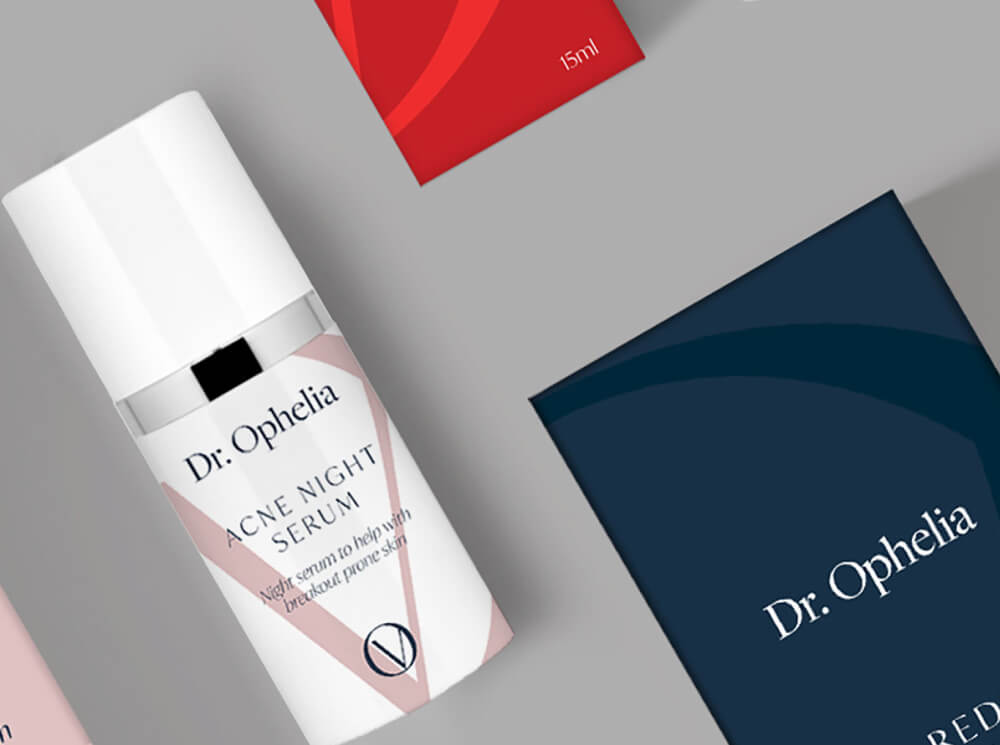

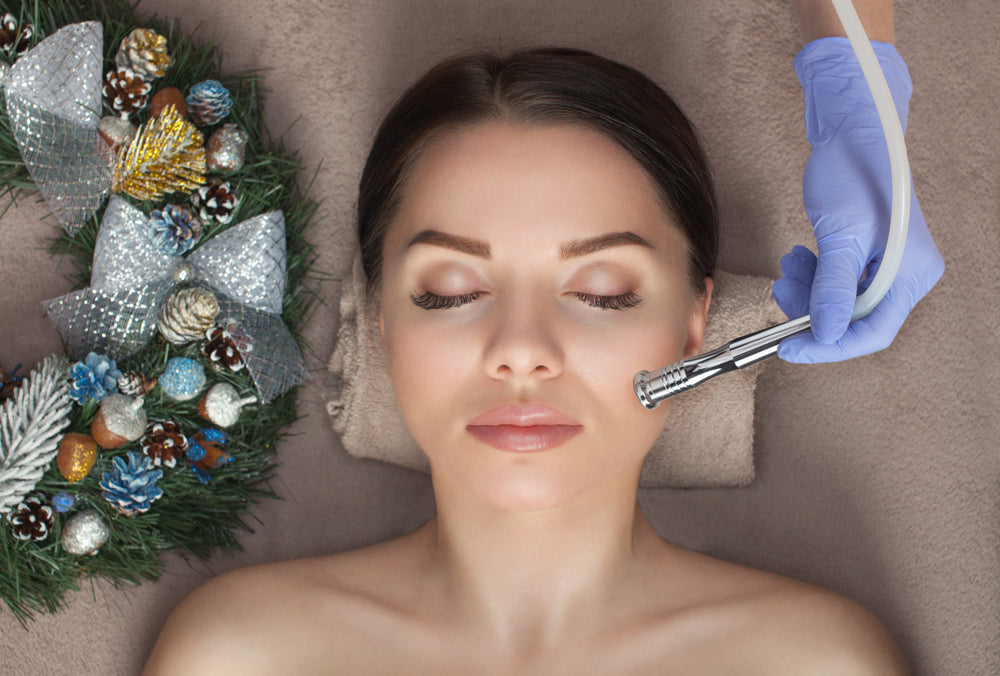
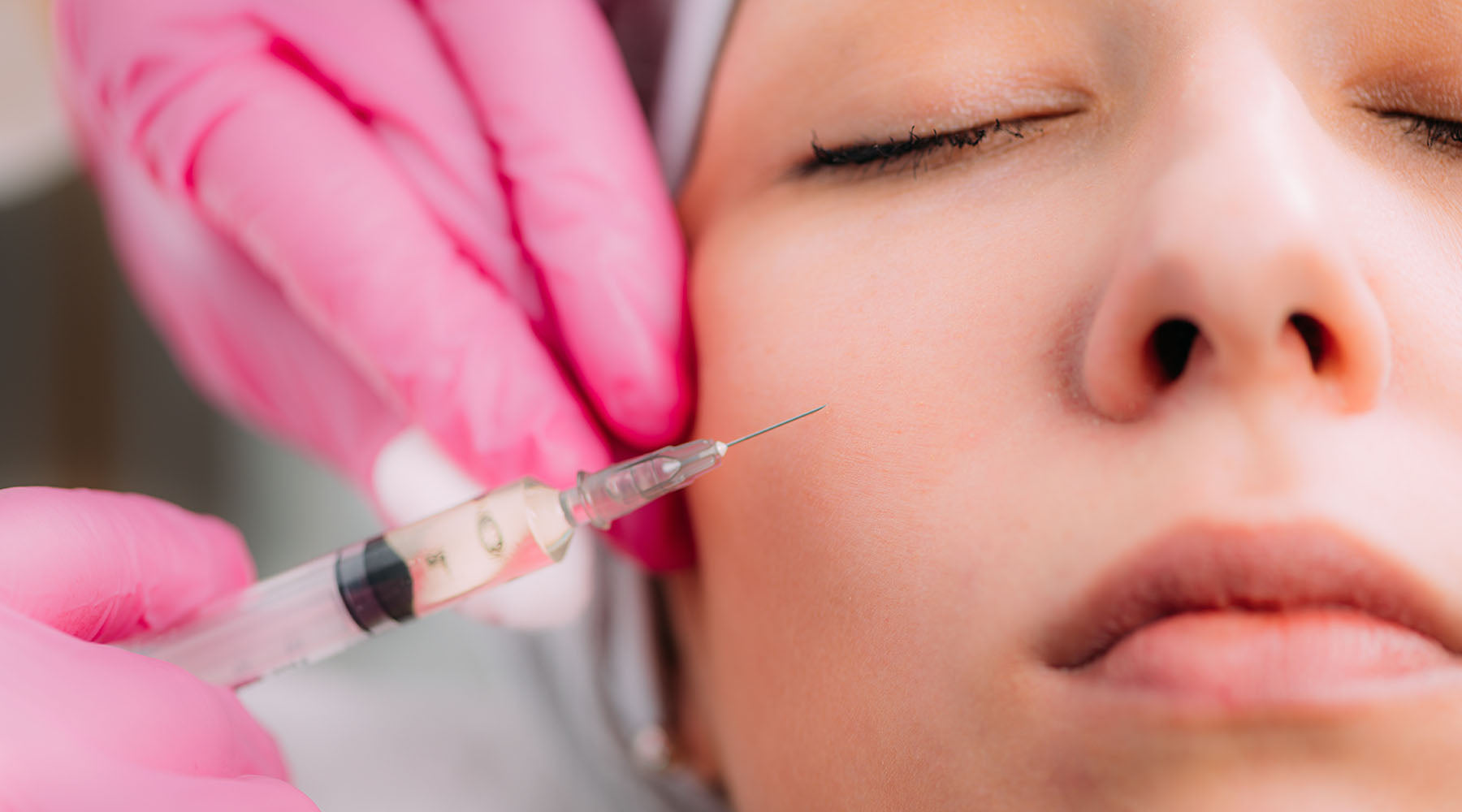
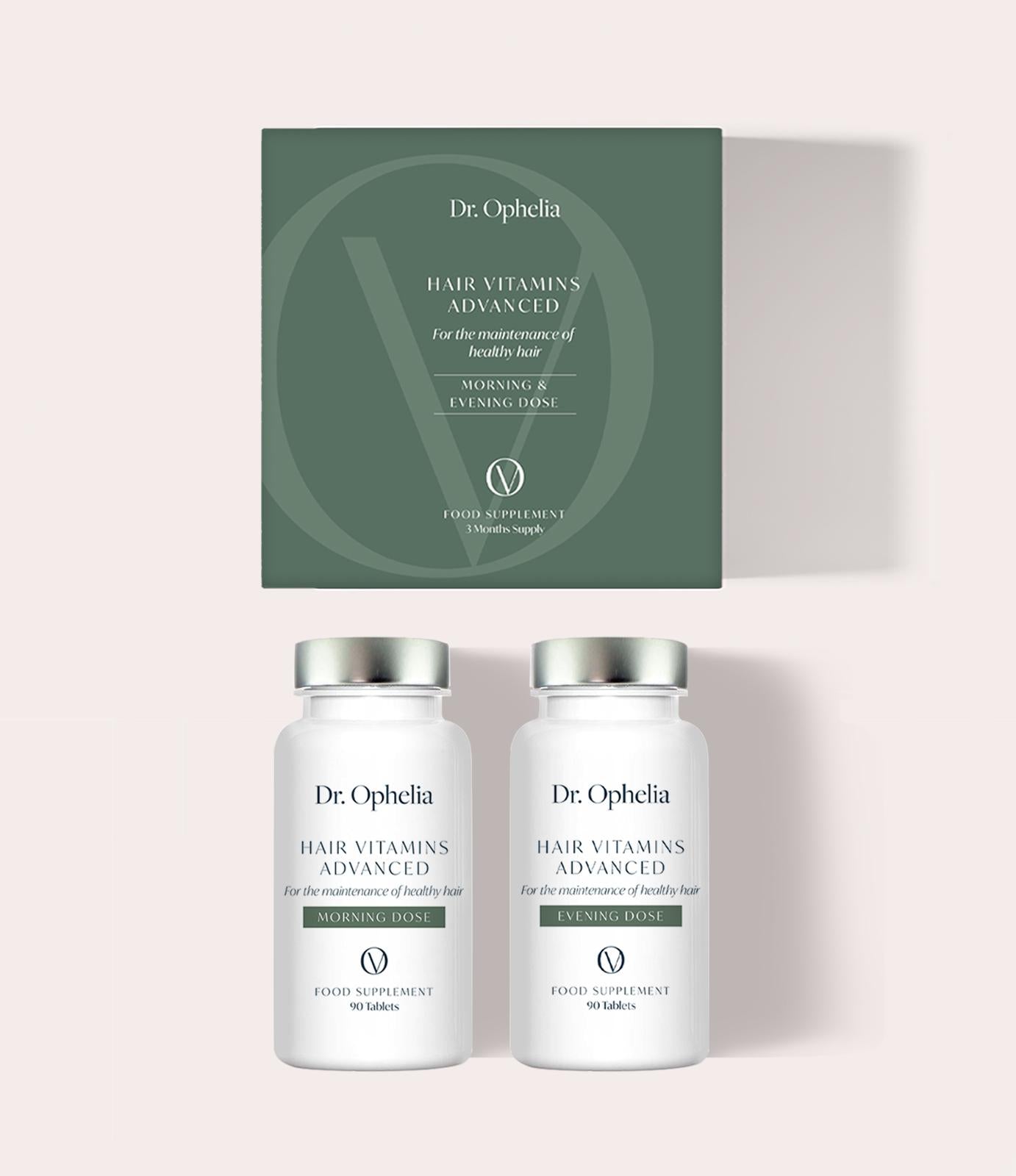
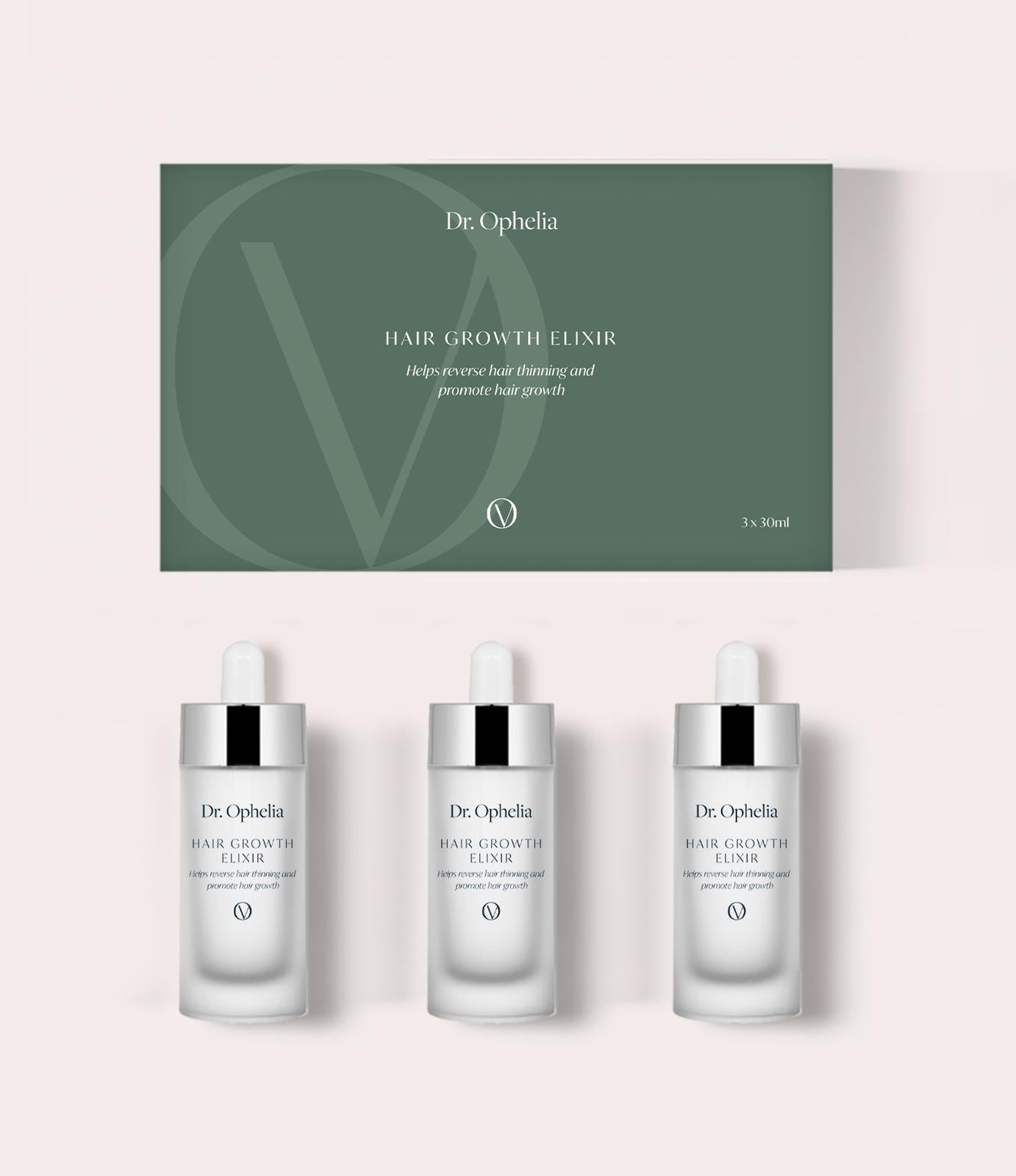
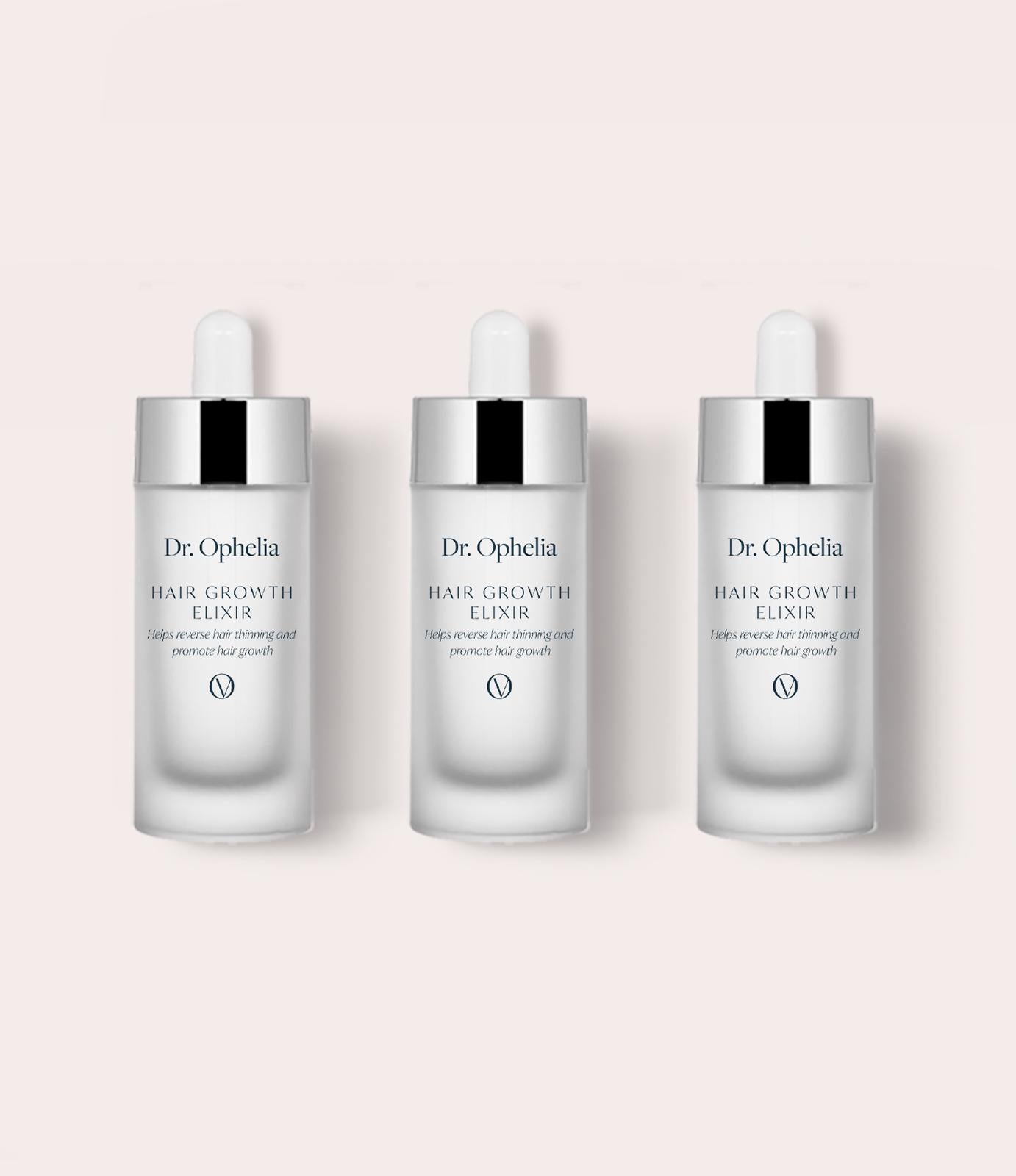
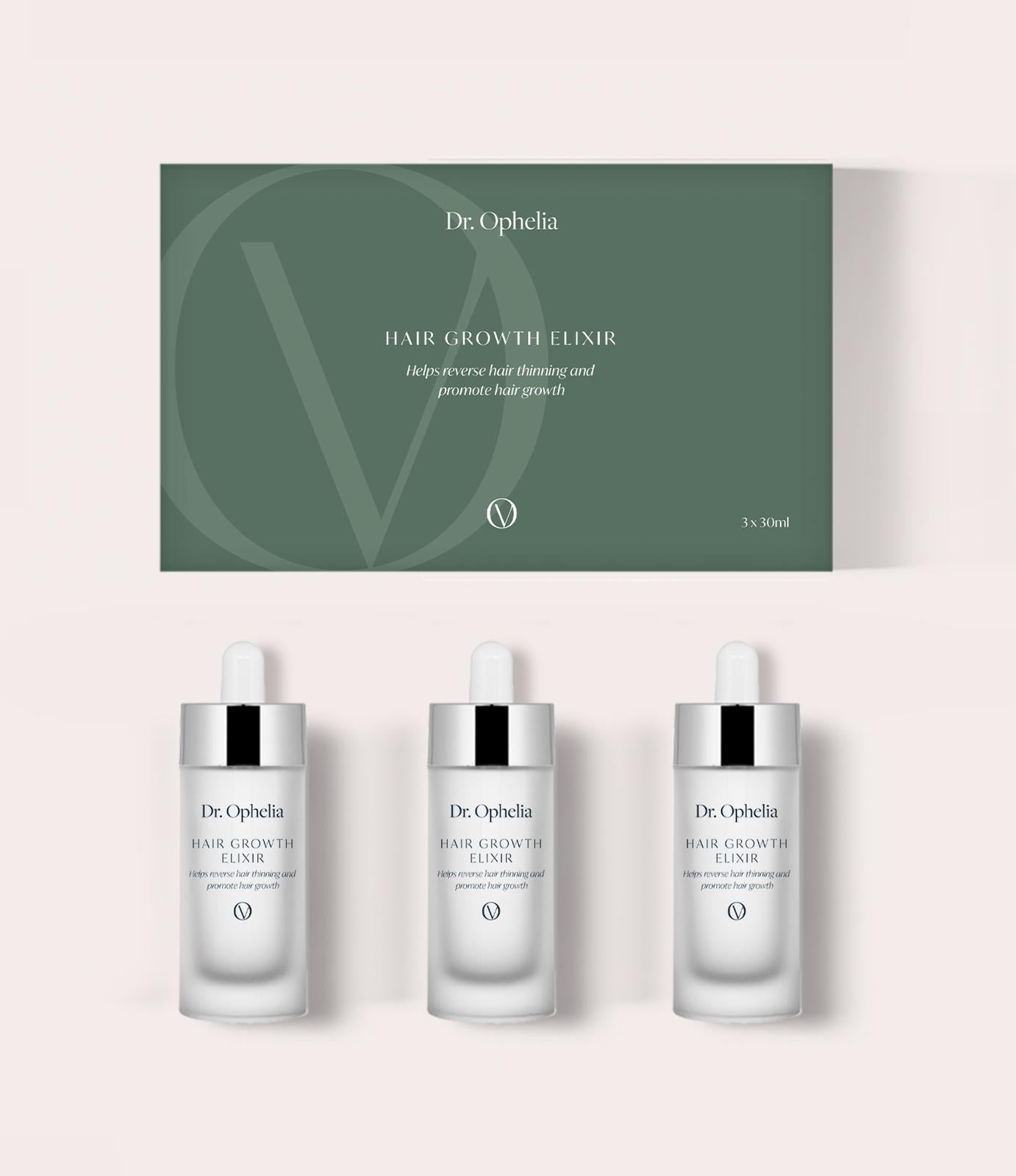
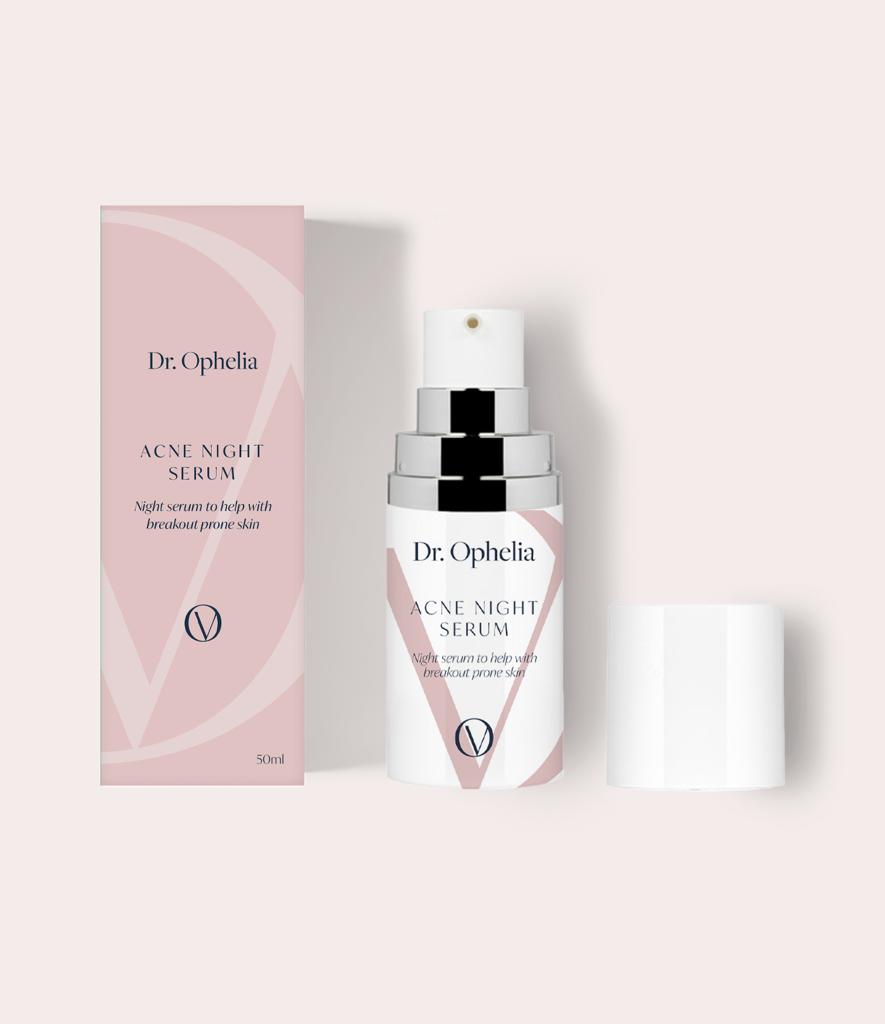
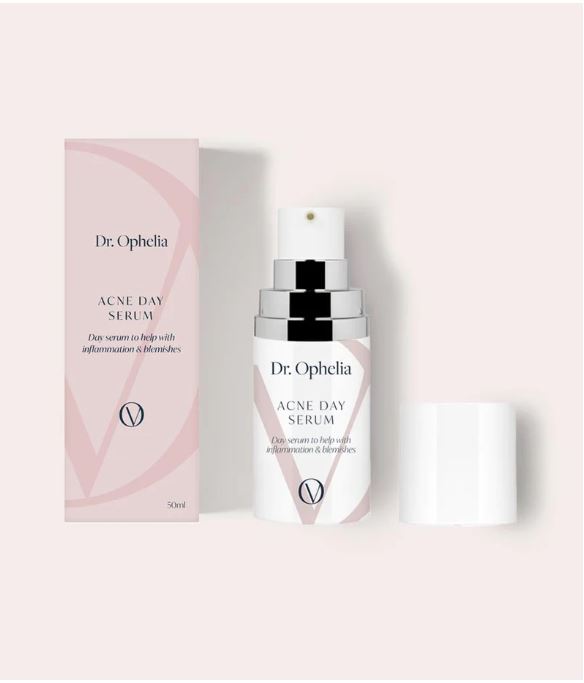
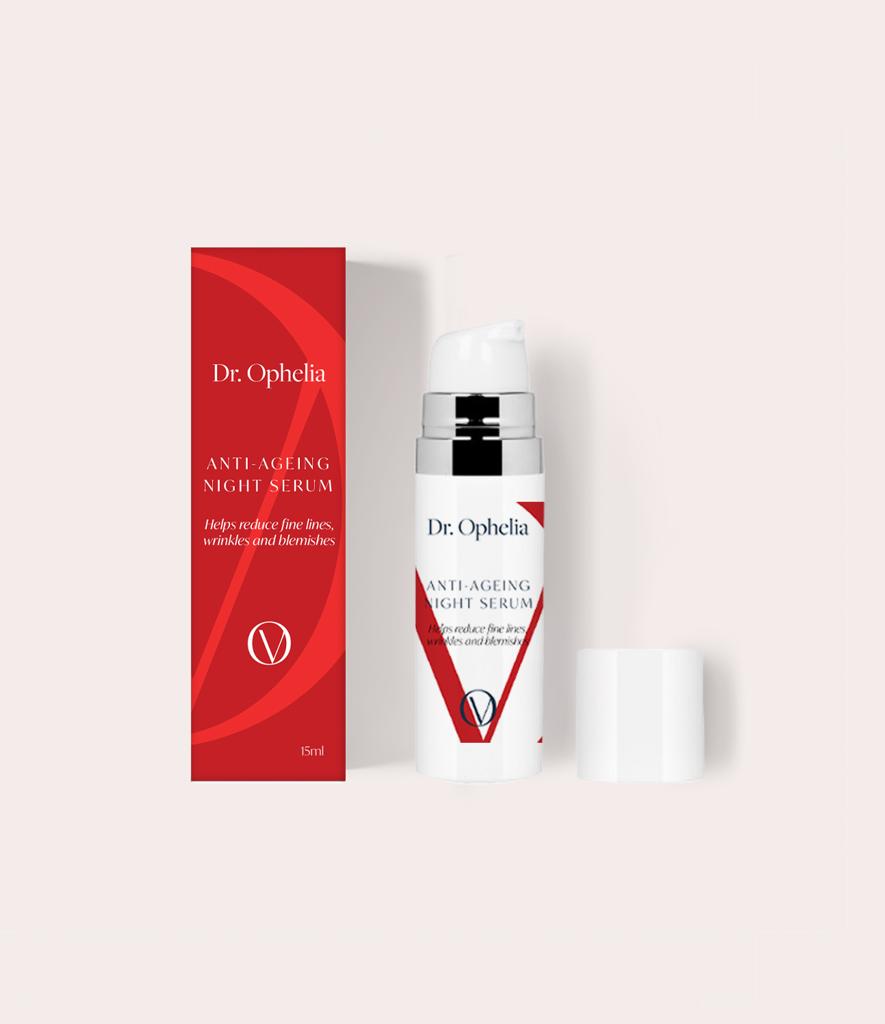
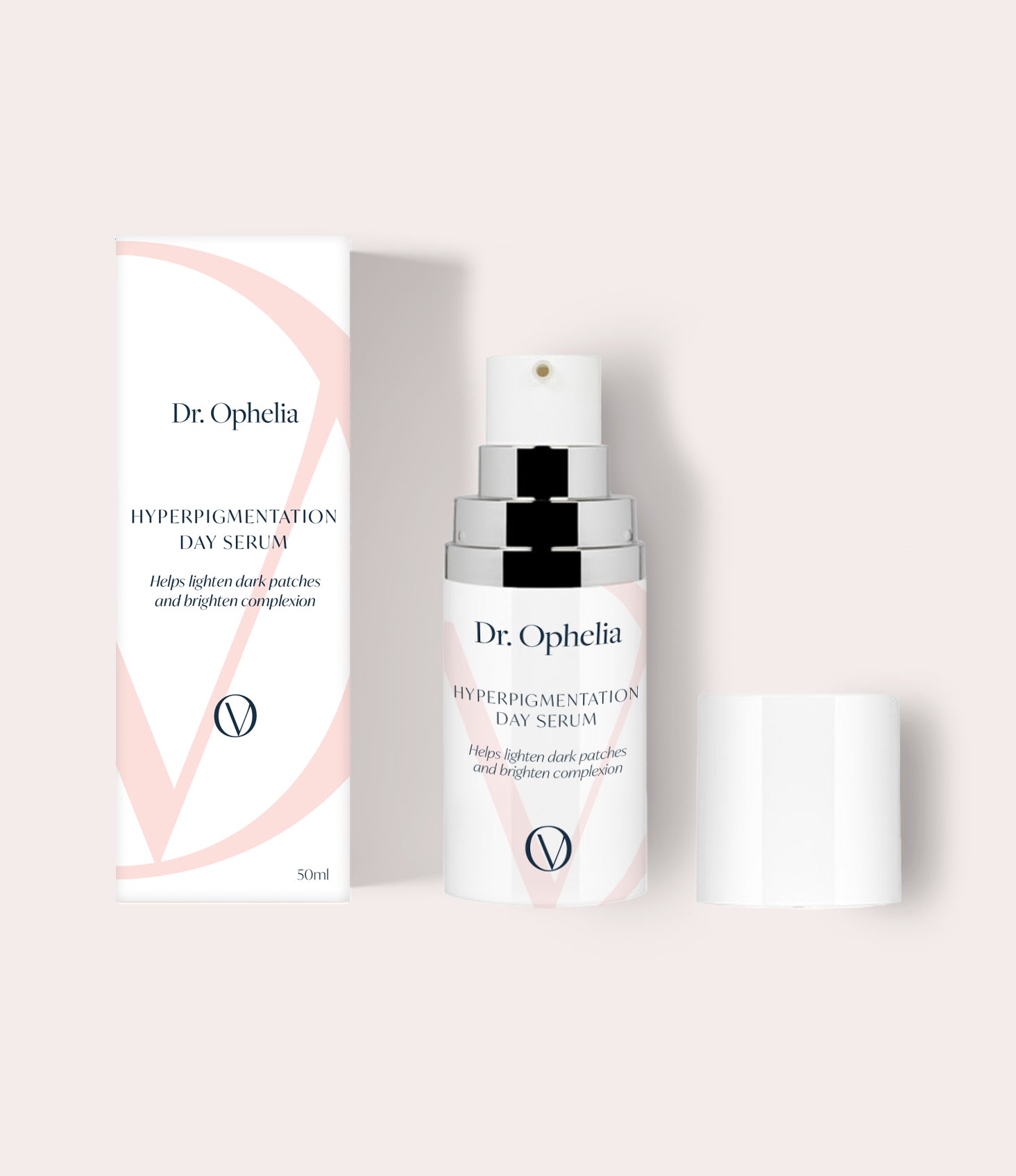
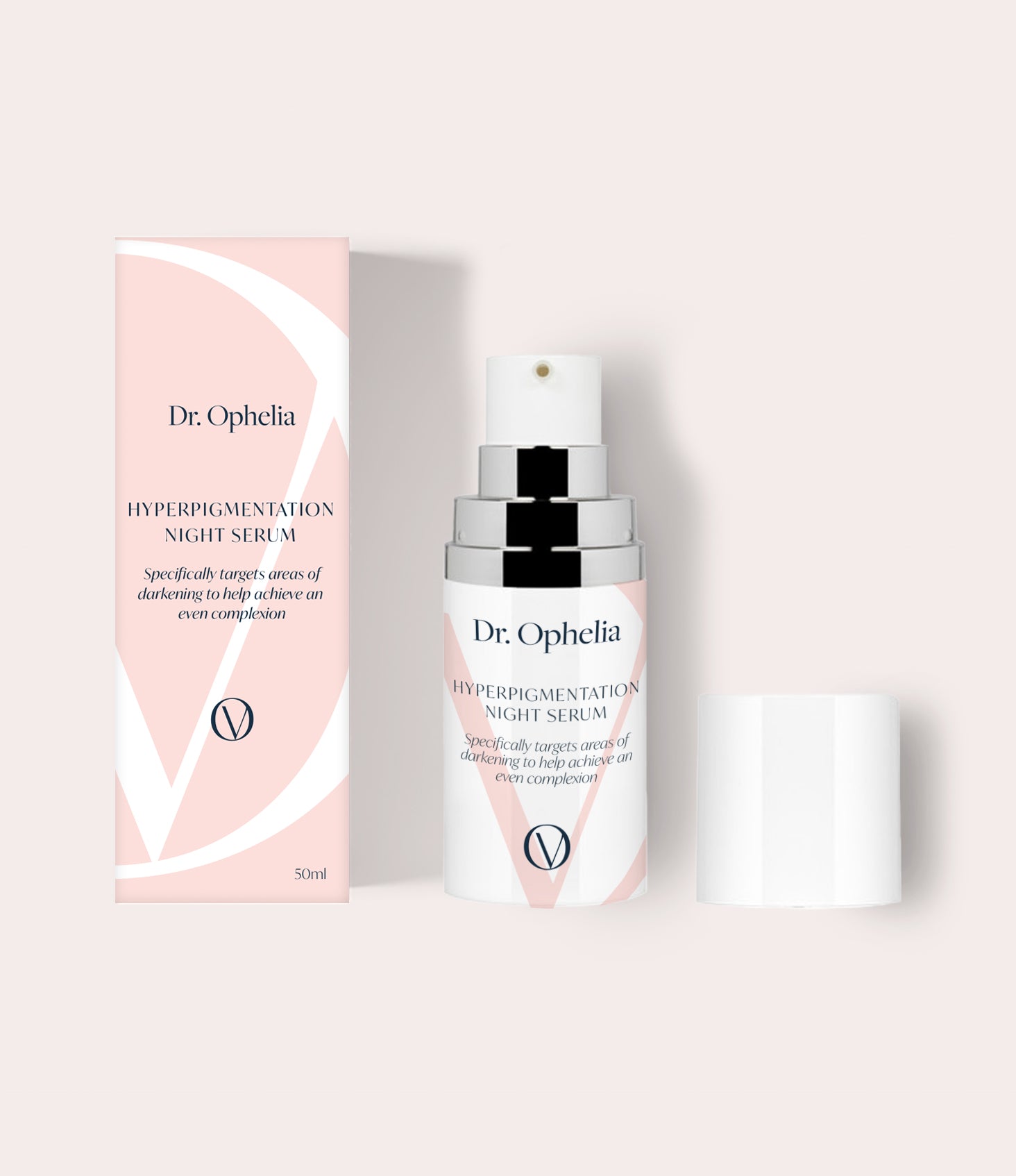
Leave a comment
This site is protected by hCaptcha and the hCaptcha Privacy Policy and Terms of Service apply.